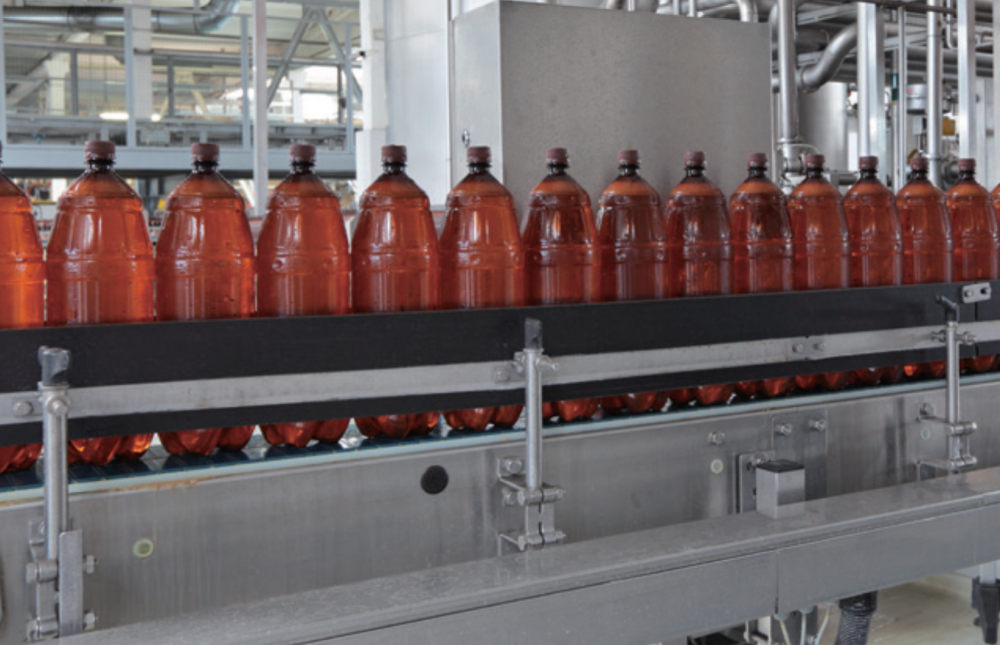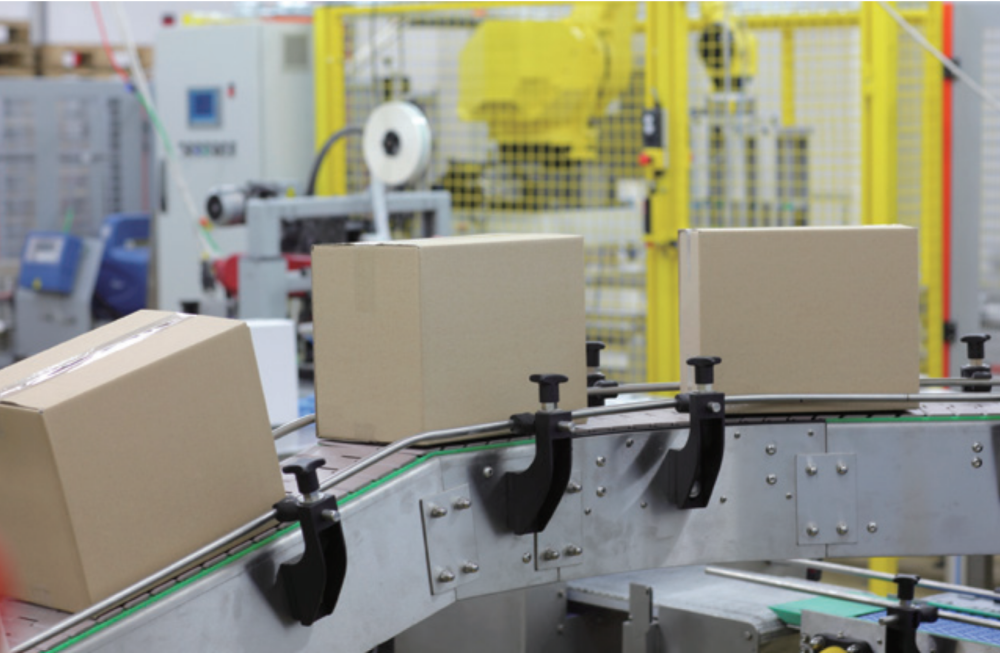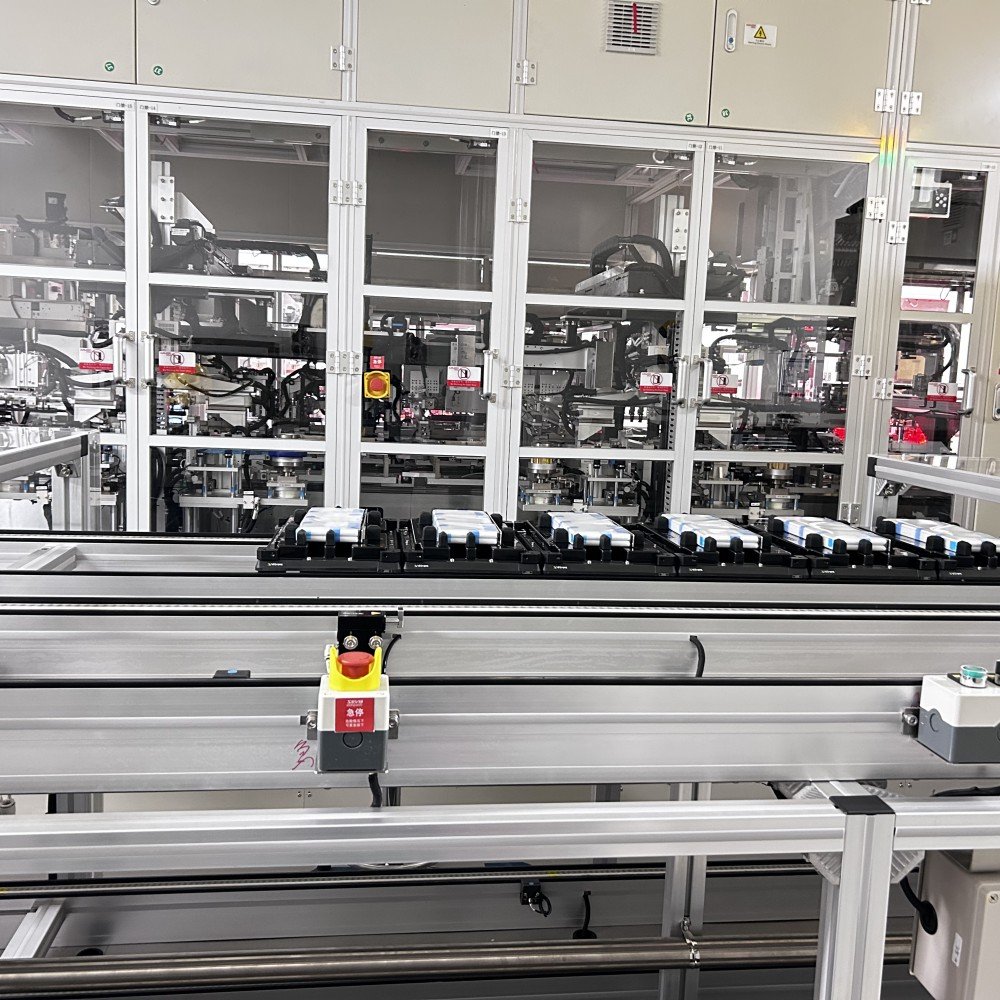
Privacy statement: Your privacy is very important to Us. Our company promises not to disclose your personal information to any external company with out your explicit permission.
Choosing the Right Conveyor System for Your Business
There is no doubt that efficiency remains king in the fast-paced world of manufacturing, distribution, and material handling. Right at the heart of the hustle is the conveyor system, working tirelessly to move products swiftly.
But picking the right Conveyor? That’s a whole different ball game. With a sea of options available, choosing the perfect one can feel like trying to find a sneaky paperclip in a mountain of paperwork. Let's navigate through this metallic jungle and pinpoint the ideal Conveyor system to streamline your operations.

Understanding Your Business Needs
Step one starts with looking at your current production and material handling processes. Pinpointing the hiccups and slowdowns in your existing setup can illuminate what you need from a new conveyor system, such as handling different product sizes, weights, or volumes. Getting a handle on your industry’s specific challenges and constraints is vital.
Think about the nitty-gritty details like regulatory demands, environmental conditions, and how much room you have to play with—all these factors must align with your grand business strategy and expansion dreams.
Different industries wrestle with unique material-handling systems. Say you’re in the food processing biz; you might need a conveyor that laughs in the face of frequent washdowns and sticks to strict cleanliness regs.
Or, if you’re in heavy manufacturing, you might want a conveyor that can lug around big loads and shake hands with your robotic equipment. By digging deep into your business needs, you set yourself up to pick a custom-fit conveyor system to tackle your industry’s particular challenges.
Evaluating Conveyor System Types
Diving into the world of conveyor systems is like stepping into a candy store; there are so many choices! Whether it’s chain, Roller, belt, or pneumatic conveyor, each has pros and cons.
Therefore, it is crucial to know what each type can handle. Think about your facility’s layout and what you’re moving. Need to navigate a curve or climb a hill? Each system’s got a trick up its sleeve for different challenges.
Let’s break it down: Belt conveyors? Jacks-of-all-trades, great for a variety of goods. Roller conveyors? Strong enough to move your bulky items without breaking a sweat. Chain conveyors excel in high-tension situations or on a slant. And pneumatic conveyors? Perfect for keeping things clean and dust-free in sensitive environments.
By sizing up these systems against your business’s needs, you can spot the perfect match to keep your operations smooth and quick.

Considering Conveyor Belt Materials
Picking the right conveyor belt material is similar to choosing the perfect marathon running shoes. They must be tough, comfy, and just right for the ground you cover. You need a material that’s strong and flexible and wears like iron. And remember, it needs to get along with your products and the environment they’re in.
Here’s the rundown: PVC belts are the all-rounders, good with chemicals and flexibility. Polyurethane belts? They laugh in the face of abrasion and are perfect for the fast lane. Rubber belts bring the muscle ready to handle the heavy lifting.
Think about your own playground. Are there chemicals, extreme temps, or oils? What about the cleanliness standards? A food processing plant might need a belt that’s easy to clean and meets FDA standards, whereas a manufacturing plant needs one tough enough to handle rough and tumble conditions.
Picking the right belt material ensures your conveyor system runs like a dream, enhancing your operation’s effectiveness and extending the life of your setup. A little thought here saves a lot of headaches later!
Assessing Conveyor System Capacity
Figuring out your conveyor system’s capacity is key to ensuring it keeps up with your production, both now and soon. Dive into your current and future production volumes to determine what you need. This ensures your conveyor won’t break a sweat handling the load and speed you throw at it.
Are you thinking about growing? Then, think about scalability. Talk about ways to boost capacity, like adding more lines or beefing up components, to keep your system fit for the future without tripping over costly stops or slowdowns.
Getting the capacity right is a tightrope walk. Aim too low, and you’ll choke up your operations with bottlenecks; aim too high, and you’ll waste cash on a muscle-bound system flexing at half its potential. Hit that sweet spot to keep your operations humming smoothly.
Ensuring Efficient Conveyor System Design
Streamlining your conveyor’s layout can crank up its efficiency. Cut down on those dizzying twists and turns to smooth out the flow and dodge those annoying jams and hold-ups. Are you linking up with other gear like palletizers or robots? That’s going to turbocharge your efficiency even more.
Don’t forget to go green with your design. Opting for tricks like variable-speed drives and regenerative braking can slash energy use. Toss in some intelligent controls and sensors to dial in that energy use, and you’ll see your bills shrink before your eyes.

A lean, mean conveyor system design not only revs up your productivity but also cuts down costs and carbon footprint—like hitting the business jackpot.
Prioritizing Safety and Ergonomics
Keeping things safe and comfy at the conveyor belt is top-notch important. Scout out those sneaky hazards—those entanglement gremlins and pinch-point pests. A good dose of guarding and emergency stops should keep your team safe and sound.
And how about making things more comfy for the crew? Rethink your system to ease the strain and avoid those pesky repetitive motion snags. Boosting adjustability and sprinkling in some automation can take a lot of the load off your team.
Focusing on safety and ergonomics isn’t just about dodging hazards but building a workspace where everyone can feel good and work better. That’s how you keep your conveyor system and crew in top form for the long haul. Find a system that has these features present.
Final Words on Choosing the Right Conveyor System for Your Business
Choosing the right conveyor system is no small task—it’s a big deal that can seriously tweak your operation’s efficiency and productivity. You’ve got to dig deep and understand your needs, from what you’re hauling around to where your system will strut its stuff and how it fits with your big business dreams.
Weigh your options, like system type, how it grows with you, upkeep needs, and bang for your buck, to find a conveyor solution that fits today’s tasks and rolls with the punches as you grow. After all, the right conveyor system isn’t just a purchase; it’s a cornerstone in your company’s journey to streamlined success and swagger.
In today's highly competitive manufacturing arena, automated production line is like the factory's "superhero", can significantly improve production efficiency, reduce production costs, improve the...
In the era of rapid technological advancement, the home appliance industry is actively embracing the automation revolution, creating a future characterized by intelligent and convenient lifestyles....
Pallet Conveyor holds significant promise in the product assembly industry, introducing efficiency and flexibility to the production process. The following outlines the key application prospects of...
On April 18th, the Shanghai Auto Show officially kicked off, with car companies such as BYD, Ideal, and NIO showcasing their muscles. Leading battery companies such as China Innovation Airlines,...
Email to this supplier

Privacy statement: Your privacy is very important to Us. Our company promises not to disclose your personal information to any external company with out your explicit permission.

Fill in more information so that we can get in touch with you faster
Privacy statement: Your privacy is very important to Us. Our company promises not to disclose your personal information to any external company with out your explicit permission.